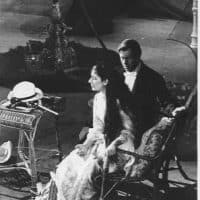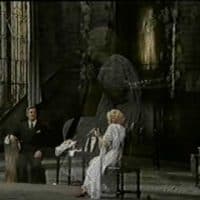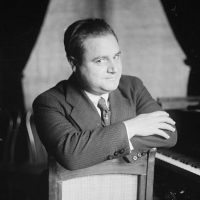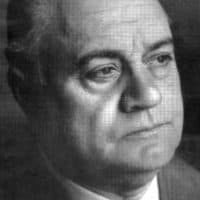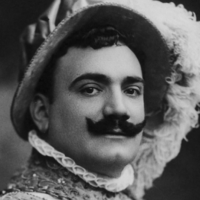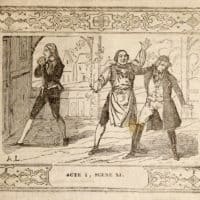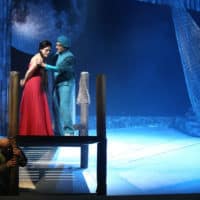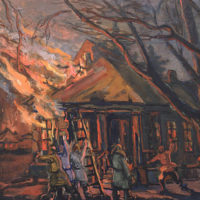I recently got an email from a passionate opera fan asking for my thoughts on tedious passages in opera. She shared John Crace’s article for The Guardian, “Why There is Nothing Wrong with Being Bored by Opera,” which opens with the following:
There’s no hiding it. I find some passages of Wagner insufferably tedious. Take Parsifal, just opened at the Royal Opera House. Some of the music is sublime, but other bits invariably have me nodding off. I really wouldn’t mind if I never saw another Flower Maiden again. Same with Tristan and Isolde. The Liebestod, the final aria, would be one of my Desert Island Discs, but there are long stretches of act two I’d happily cut. Nor is it just Wagner. I’ve struggled through Mozart’s La Clemenza di Tito several times, but its longueurs remain.
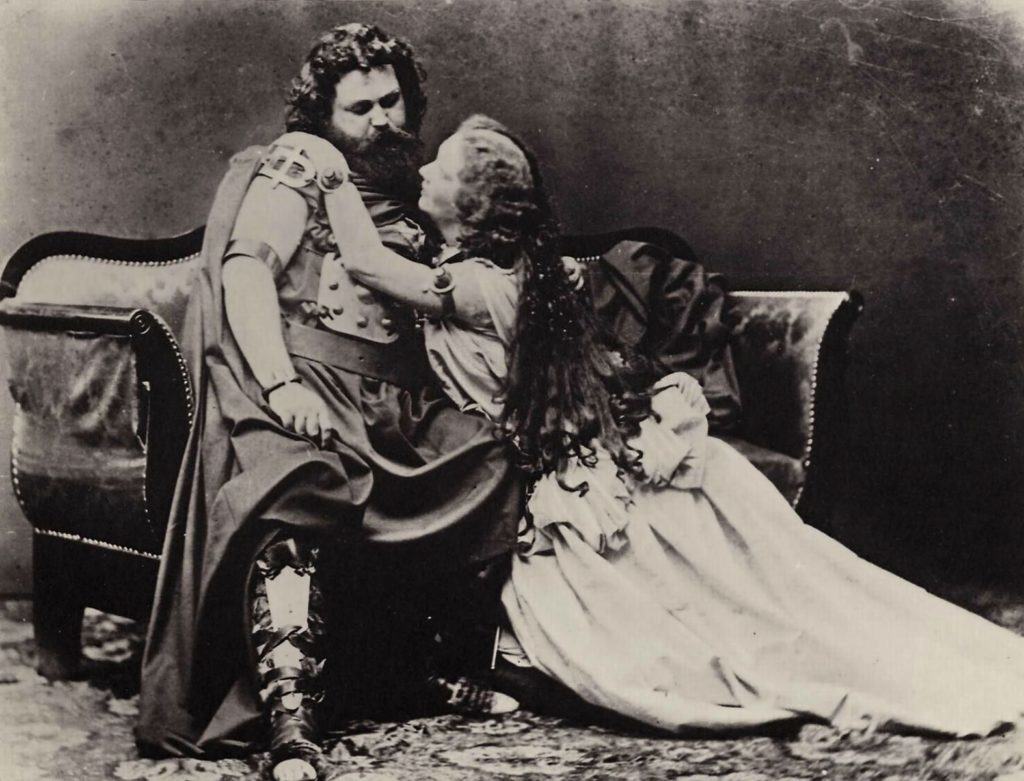
I have to agree (though not on the subject of Clemenza, where I shudder when a single note is cut–even if it’s the recitative that probably wasn’t penned by Mozart). Tristan is my favorite Wagner opera, but I often find my mind drifting in the first halves of the second two acts. Even La Traviata, my guilty pleasure opera, has me yawning whenever Germont appears. (I am immune to the charms of “Di provenza il mar” — sorry!)
The Guardian article polls conductors, singers, and playwrights on this problem. All of their responses make sense. John Eliot Gardner admits to never quite stomaching Der Rosenkavalier: Some operas just aren’t for some people. Barbara Hannigan advocates forgiveness for audience members who nod off, especially when listening to Wagner (who “needed a better editor”). Perhaps opera is a tough genre because conductors and directors are sparing with cuts. (Shakespeare, by contrast, gets pared down much more.)
But the most enlightening comments come from the comparisons to literature. Playwright David Hare points out, “Someone, and it’s too long since I studied literature to remember who, argued that it is a mark of the greatest – i.e. Shakespeare, Dostoevsky and Dante – that they have long unreadable passages. Because they achieve greatly, they also fail greatly. Their achievements are beyond the rest of us, but so are their misfires.” The same could be said of Wagner. But I think there’s more to it than that: the very greatness of their work depends on the boring parts.

Take two of my favorite authors, Victor Hugo and Alexandre Dumas. Both wrote in the same era in France, but their output and legacy are different. Dumas’ fast-paced novels of adventure are the supermarket paperbacks of their day, eminently readable with hardly a dull moment. Hugo’s novels famously contain more tedious passages. Les Mis includes everything from an account of the battle of Waterloo to suggestions for a new sewer system of Paris. Toilers of the Sea opens with a travel guide to Guernsey, which is practically unreadable unless you’re planning a trip there. Yet Hugo has better pretensions to “great literature” than Dumas does. That’s not because parts of his books are boring, but it is because of what those boring parts accomplish.
So what good is boring your readers or listeners? I’ve noticed three main advantages:
- Building a world. History, geography, and politics are rarely the most fascinating parts of a story of intrigue or love. But that story isn’t credible (and doesn’t make a larger point) without context. Preziosilla is unnecessary in La forza del destino and stops the opera’s dramatic progress. But she also provides local color and romanticizes the war. This makes the disaster of Alvaro’s stint in the army more poignant by contrast. Similarly, the slower parts of operas can be a chance for composers to build a musical world, introducing melodies, chords, or motifs that can then be used to devastating effect at the plot’s more exciting moments.
- Playing with style. There’s a chapter in Les Mis called “In the Year 1817.” It’s a four-page-long list of seemingly unconnected things that happened in that year. They’re presented in curt sentences without commentary. It’s a stylistic experiment. In my opinion, it fails. But being unafraid to try such experiments — and having trusting readers (or listeners) who won’t run away the first time you do — is how authors and composers produce interesting variety.
- Demanding investment. Hard work pays off. While easy reading and easy listening are nice, sometimes the most moving pieces of art require struggling at first. By forcing myself to pay attention, I become more attached to the plot and characters, so their comedies and tragedies affect me more deeply. As a friend of mine put it, “You don’t deserve the Liebestod unless you get through the rest of Tristan without cuts.” It’s not because it isn’t a gorgeous aria on its own, but you won’t get the full grandiosity of it without everything that comes before. The feeling of freedom it inspires is also your own liberation from hours of Wagner.
I do some of my opera watching online or on DVDs these days. There’s always the option and temptation to skip past my least favorite parts and go straight to the good stuff. But I find that usually, that good stuff lacks its emotional punch without what precedes it. So I suffer through, and I am rewarded. Opera is sometimes boring — and that’s a good thing.
What do you think? Do you agree that some operas and parts of operas are dull? Are there operas that you love in spite of the boredom they inspire?
